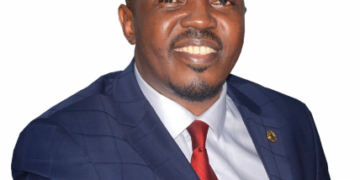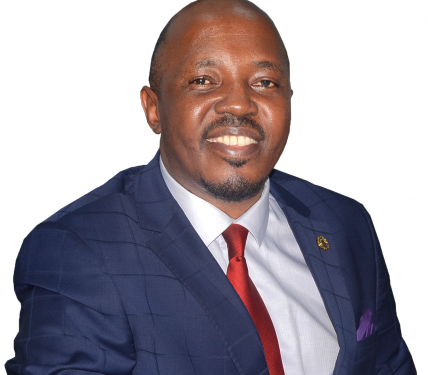Five years ago, I couldn’t have imagined that I would be in a wheelchair, but that story is for another day. Today, I woke up to an early morning engagement in town. Despite arriving on time, I was denied entry because the venue lacked access for wheelchair users. You can imagine the pain and frustration. Before I knew it, the hotel had sent four young men to carry me upstairs – an embarrassing and undignified situation.
I often receive such offers, which I decline humbly. Accepting them would mean these four individuals would also need to lift me to the washroom, an uncomfortable prospect for both them and me. Even when I attend my church, I have to seek assistance to access the building. Most churches have steep steps that are insurmountable for wheelchair users.
This issue is not unique to just this hotel. Yesterday, I visited another hotel in Muyenga, possibly a three-star establishment, where wheelchair access and washrooms are far apart. I stopped to ask the manager on duty if she ever feels the urgency to use the washroom, to which she promptly affirmed. My next question was rather embarrassing: “Do you think a wheelchair user would have a problem moving 500 meters to the washroom?” Her silence was telling.
This narrative highlights the daily struggles of persons with disabilities within Kampala’s poorly constructed buildings. In Nakasero, there’s a place with a generous ramp that abruptly ends, leading nowhere useful. It’s understandable that people invite you and take many things for granted, unaware of the challenges faced by those with disabilities.
The lack of accessible infrastructure is a glaring issue that needs immediate attention. Wheelchair users, and indeed all persons with disabilities, deserve to live with dignity and independence. They should not have to rely on the goodwill of others to navigate spaces that should be universally accessible.
It’s time for us to advocate for inclusivity in our urban planning and building designs. Hotels, churches, public buildings, and other spaces must prioritize accessibility, ensuring that everyone, regardless of physical ability, can use their facilities without hindrance. This is not just a matter of convenience but a fundamental human right.
As a community, we need to be more aware and considerate of the needs of persons with disabilities. We must push for policies and regulations that enforce accessibility standards in all public and private buildings. This will not only improve the quality of life for those with disabilities but also foster a more inclusive and equitable society.
Let us not wait for another embarrassing or painful situation to take action. The time to build a more inclusive Kampala is now.
CPA Frederick Wanume Kibbedi











